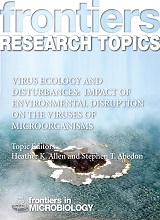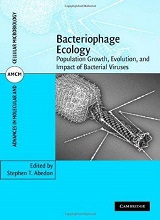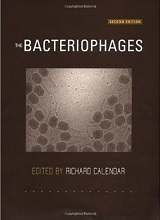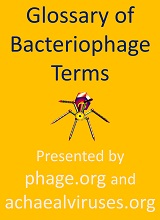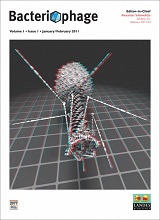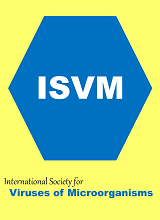
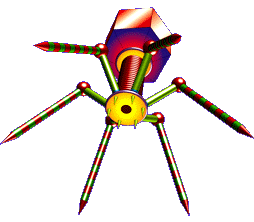
Mating preferences displayed by one gender towards the other.
Generally the choosiness of one gender is greater the number of potential mates an individual has to choose from. Choosiness also tends to be greater the larger the costs associated with choosing incorrectly. As females often invest more in parenting than males, such choosiness if often though not always associated with the female rather than the male gender. See equivalently mate choice.
Note that mating systems, parenting approaches, and simply ratios of males to females can substantially modify levels of intersexual selection. Thus, when males contribute substantially to the raising of offspring, when females have the potential to "trick" males into raising another male's offspring, or when there are simply relatively few males about then female choosiness can be somewhat diminished in comparison to when females are limiting or otherwise contribute substantially more to parenting than to males.
(And, as an oh-by-the-way statement, don't forget that there are multiple ways to contribute to the raising of offspring other than directly nurturing them, such as supplying high-quality food, shelter, protection from predators, and status.)
Intersexual selection is a form of natural selection. See also intrasexual selection.
For more on this topic, see Wikipedia and Google. Contact web master. Return to home.
